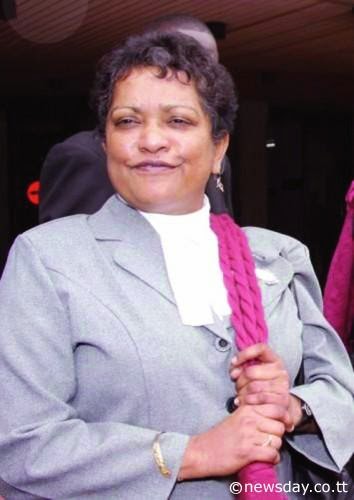Religion Politics Culture and COVID-19
One Caribbean Nation.
As the region continues to grapple with what will be a long
fight against the COVID-19, the enforcement of some restrictions surrounding church and worship and the movement toward
such new approaches as virtual funeral
services, have brought into focus , the convergence of : religion , culture,
politics and the COVID-19. The region has devoted followers of all the major
religions. However, Christianity is the most dominant because of the numerical strength
of the Afro Caribbean populations.
Politicians are always cautious when social and economic issues
become of critical concern to religious leaders. In some regional countries
where other faiths such as Muslim and Hindu are numerically high and politically
active, the balancing act becomes more pronounced. Holidays and cultural customs, representing different
races and cultural groups, have been given equal prominence on the national calendar,
in order to avoid charges of discrimination. The result has been a quiet co-
existence.
Therefore, when funeral directors are forced to comply with government
restrictions in relation to the numbers of mourners allowed at a funeral, the
Christian community reacts with some concern. Funerals and weddings are more
than religious events. They are massive cultural celebrations and a gathering
to both rejoice and be sad in almost equal measure. It follows that restricting the number of
mourners at a funeral, is as socially horrifying as declaring there can be no
carnival, mass or jumping to pulsating calypso/ soca rhythms in the street, at
our various festivals.
The entire region is therefore for the first time, in a
century, experiencing a curtailment of cultural and religious activity that it
never saw coming. Tremendous political skill is needed to turn this cultural energy
into a discipline such as social distancing. Indeed, many social scientists are
of the opinion, that resentment and panic among the populace to these new and
sudden restrictions are more a cultural than economic challenge.
We can conclude that while, in some, or is it many instances,
the swiftness is not at the levels required, the message is getting through. We
need to see the “new normal” in a very broad sociological context.






Comments